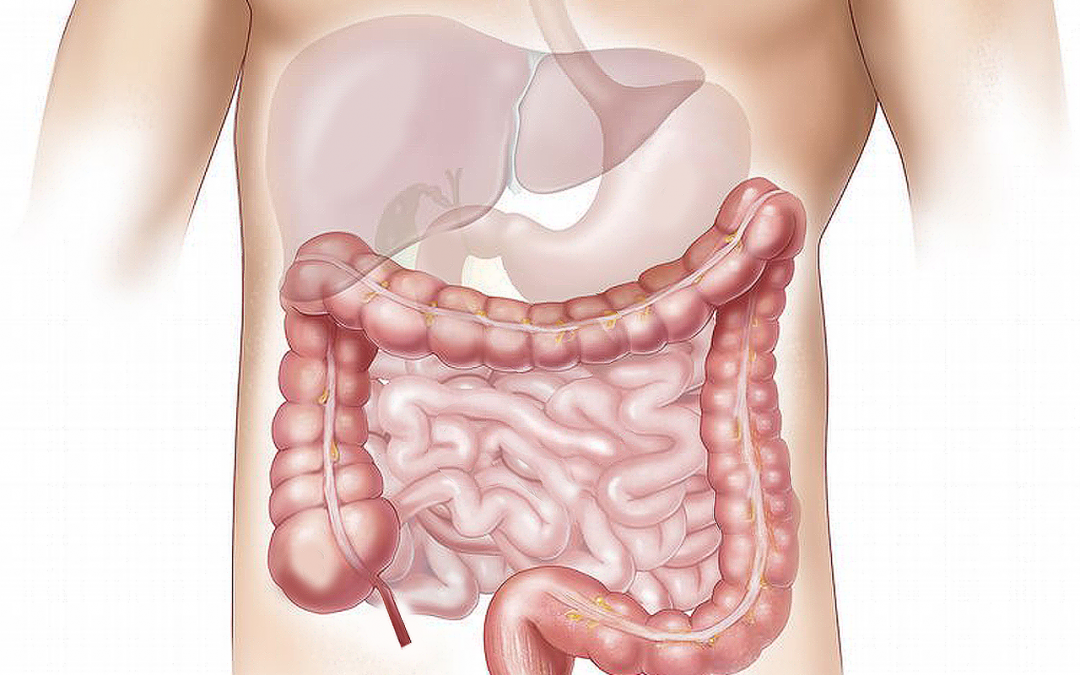It is well-established that heavy alcohol consumption increases the risk of certain cancer types, including colorectal cancer. But the effect of moderate alcohol consumption is less clear. A recent meta-analysis1, published in International Journal of Cancer, found a J-shaped relation between alcohol consumption and the risk of colorectal cancer, suggesting a small protective effect of drinking less than three alcoholic consumptions a day.
What is already known? Heavy alcohol consumption is associated with an increased risk of colorectal cancer2,3. WCRF concludes that more than 30 grams alcohol a day already increases the risk of colorectal cancer4. The association at moderate levels of consumption are less clear. Studies report no relationship, a positive linear relationship, or a reduced risk for moderate drinkers of colorectal cancer.
What does this study add? This meta-analysis combines data from many individual studies and accounts for a wide variety of confounding factors.
The American authors included 16 case-control studies, resulting in more than 30.000 participants.
Protective effect
According to the results, people who drink less than 28 g alcohol a day (about three alcoholic drinks), have a 8% lower risk for colorectal cancer than non-drinkers and occasional drinkers. Heavy alcohol consumption (more than 42 g alcohol, about four alcoholic drinks a day) is associated with a 25% increased risk.
Many other risk factors
Heavy alcohol consumption is not the only risk factor for colorectal cancer. There are many other factors that might influence the risk to develop it. Take for example smoking, obesity, high consumption of red meat, physical inactivity and family history of colorectal cancer. These factors can influence the association between alcohol consumption and colorectal cancer, being so-called confounders. This meta-analysis accounted for many potential confounders, making it more likely that the association is actually caused by alcohol consumption itself.
Sick-quitters
However, this meta-analysis looks at current alcohol consumption, which means that the control group includes the lifetime abstainers, but also people that have quit drinking due to health problems: the so-called ‘sick-quitters’. These sick-quitters could be the reason that a J-shaped relationship was found.
Mechanism
Although it cannot be said with certainty that moderate alcohol consumption is slightly protective of colorectal cancer, there are some possible biological explanations. For example, a study performed in rats showed that moderate alcohol intake does not elevate biological risk factors for colorectal cancer development and may provide beneficial effects through reduced inflammation and lower DNA damage.5
Strengths
- Meta-analysis
- Many studies included
- Studies were homogeneous
- Amount of alcohol clearly defined
- Sub-analyses performed
- Adjusted for many possible confounding factors
Limitations
- Observational research
- Sick-quitters not treated as a separate group
- Alcohol patterns are not taken into account
References
1: McNabb, S., Harrison, T. A., Albanes, D., Berndt, S. I., Brenner, H., Caan, B. J., … & Chen, Z. (2019). Meta‐analysis of 16 studies of the association of alcohol with colorectal cancer. International journal of cancer.
2: Jayasekara H, MacInnis RJ, Room R, English DR. Long-Term Alcohol Consumption and Breast, Upper Aero-Digestive Tract and Colorectal Cancer Risk: A Systematic Review and Meta-Analysis. Alcohol Alcohol Oxf Oxfs. 2016 May;51(3):315–30.
3: Cho E, Smith-Warner SA, Ritz J, van den Brandt PA, Colditz GA, Folsom AR, et al. Alcohol intake and colorectal cancer: a pooled analysis of 8 cohort studies. Ann Intern Med. 2004 Apr 20;140(8):603–13.
4. World Cancer Research Fund (2018). Alcoholic drinks and the risk of cancer.
5. Klarich DS, Penprase J, Cintora P, Medrano O, Erwin D, Brasser SM, et al. Effects of moderate alcohol consumption on gene expression related to colonic inflammation and antioxidant enzymes in rats. Alcohol. 2017 Jun 1;61:25–31.
Fotocredits: ‘intestine’ from Elionas2

